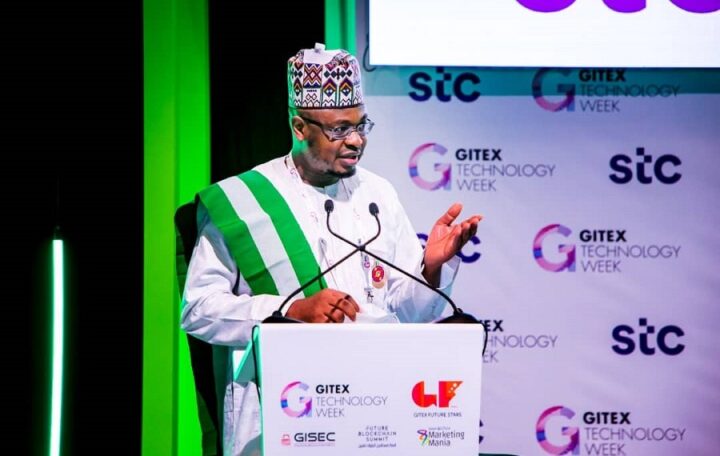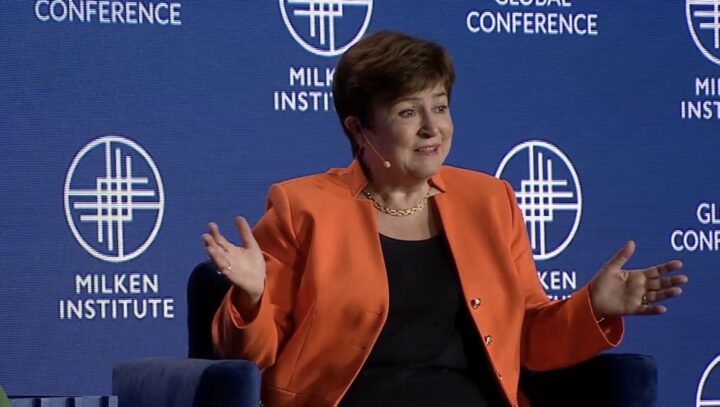The federal executive council (FEC) has approved the national blockchain policy for Nigeria.
The council gave the approval at the FEC meeting presided over by President Muhammadu Buhari on Wednesday.
Briefing state house correspondents, Isa Pantami, minister of communications and digital economy, said the approval is a significant move and a step towards the country’s digital transformation.
The minister said the policy would institutionalise blockchain technology in Nigeria and ensure its adoption in various sectors such as banking, security, education, and commerce.
Advertisement
Pantami said the policy was developed with the input of 56 institutions and personalities.
He said the Central Bank of Nigeria (CBN), Nigerian Communications Commission (NCC), Security and Exchange Commission (SEC), and National Universities Commission (NUC) have been directed to develop regulatory instruments within their sectors to facilitate the implementation of the policy.
Pantami said Nigeria has joined countries such as the UK, Denmark, Switzerland, Estonia, Georgia, Singapore, and the United Arab Emirates in legalising and approving blockchain technology.
Advertisement
The minister said blockchain technology would help to ensure data integrity and could add up to $1.76 trillion to the global GDP by 2030.
“A national steering council would be established to coordinate the efforts of relevant government institutions towards the implementation of the policy, ” the minister said.
“The National Information Technology Development Agency (NITDA) would oversee the process.”
In 2021, the federal government, through the Central Bank of Nigeria (CBN), placed a ban on the use of cryptocurrency.
Advertisement
The apex bank directed banks to close accounts of persons or entities involved in cryptocurrency transactions within their systems.
“Cryptocurrency is used to describe the activities of traders in an electronic dark world where transactions are extremely opaque, not visible and not transparent. These are people who deal in transactions that do not want to be trailed,” Godwin Emefiele, CBN governor, had said, explaining the reason for the ban.
Add a comment






